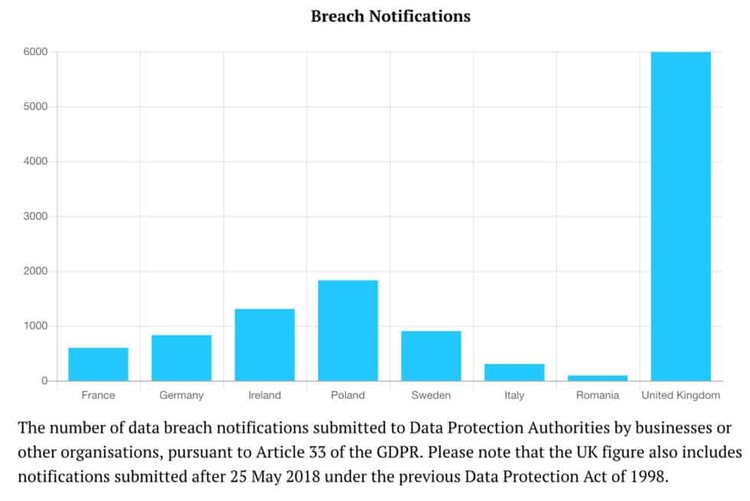The words "security" and "confidentiality" are often used in the same sentence when it comes to the Internet, in particular, messengers and social networks. However, though they belong to similar contexts, these concepts should be clearly distinguished from each other. Today, any online application or service can be highly secure, but at the same time, not offer confidentiality to its users.
To begin with, what is confidentiality? Its main idea is to restrict access to one’s personal data by anyone, so that users can completely control their information. When talking about modern networks and applications, there is one more important principle – security, or protection of information from third parties. And if confidentiality stands for saving and hiding certain data from strangers, security is rather about keeping one’s personal data confidential after it has been collected (only in case there was no further distribution and publication).
In the context of security and confidentiality in messengers and social networks, privacy is another important term. In one way, privacy refers to a personal comfort level, privacy settings that can be set up manually. Security cannot be tuned to a determined level since it completely depends on how third-party companies store user personal data and protect it.
However, it should also be observed that absolute security is nearly impossible to achieve. J.R. Forsyth, the founder of the blockchain project Onfo, explained that in many cases users prefer comfort over security:
“The use of modern applications implies the dissemination of personal information to third parties, which gives rise to certain threats. Certainly, users can remain anonymous on the network, avoid sharing their own data and identification in every way. However, for the average user, the convenience of using the service is more important than maintaining anonymity. Therefore, the most logical proposal is to entrust the solution of security issues to developers of networks and applications.”
Decentralized technologies and cryptography to solve security issues
Currently, data is stored centrally and this poses a threat to the security of confidential information. Routing all business and personal data through a centralized server with one primary connection creates a huge number of information security threats. Therefore, the use of decentralized technologies such as blockchain seems quite logical in both personal and corporate software and hardware solutions.
According to the latest statistics released by the DApps review, the number of applications developed and used in 2019 doubled compared to the previous year. However, most decentralized applications today have nothing to do with resolving data security issues through the main advantage of blockchain technology – security against hacking and data spoofing.
Jeff Pulver’s initiative
In 2004, the US government passed a law known as The Pulver Order, thanks to which today the use of applications like WhatsApp, Telegram and FaceTime is free worldwide.
Jeff Pulver is the founder of Debrief, which deals with information security and communications. In his opinion, the prospects of the use of blockchain technologies in this field are very broad as blockchain can protect not only personal and business correspondence, but also medical data, information about higher education and trade secrets.
As a response to the forecast that by 2021 the global damage caused by cybercrime can reach $6 trillion per year, Pulver offered the blockchain-based solution to reduce losses caused by cybercrimes. Debrief is said to provide users with high data security and decentralized storage not reading and storing user messages.
It’s not only about the applications
Blockchain takes security to a new level not only by offering users new messengers such as Dust, Adamant, CryptViser, Echo, E-chat, etc. Such a proposal, if it existed in an ultimatum form, would probably not be popular among regular users. The construction of the architecture through which the connection will be implemented is seen as more in demand. Perhaps this will be similar to VPN technologies, which are popular today for anonymity on the Internet and are free from the authorities control.
The question remains – why is such a solution interesting for the market today? The fact is that the lion's share of multi-million dollars losses relates to cases when users access third-party services, which are used, for example, in day-to-day business communication – like Google Docs or Slack. If this communication is moved to blockchain, humanity will reach a new level of Internet security.
Research company Accenture forecasts that the information security market will increase by 66% and exceed $202 billion by 2021. With these growth indicators, companies operating in this market are likely to provide new solutions for both companies and ordinary users. Given that today the main threats come from social engineering, turn-key solutions, in which the safety of user data rests on the shoulders of developers, are needed most.



